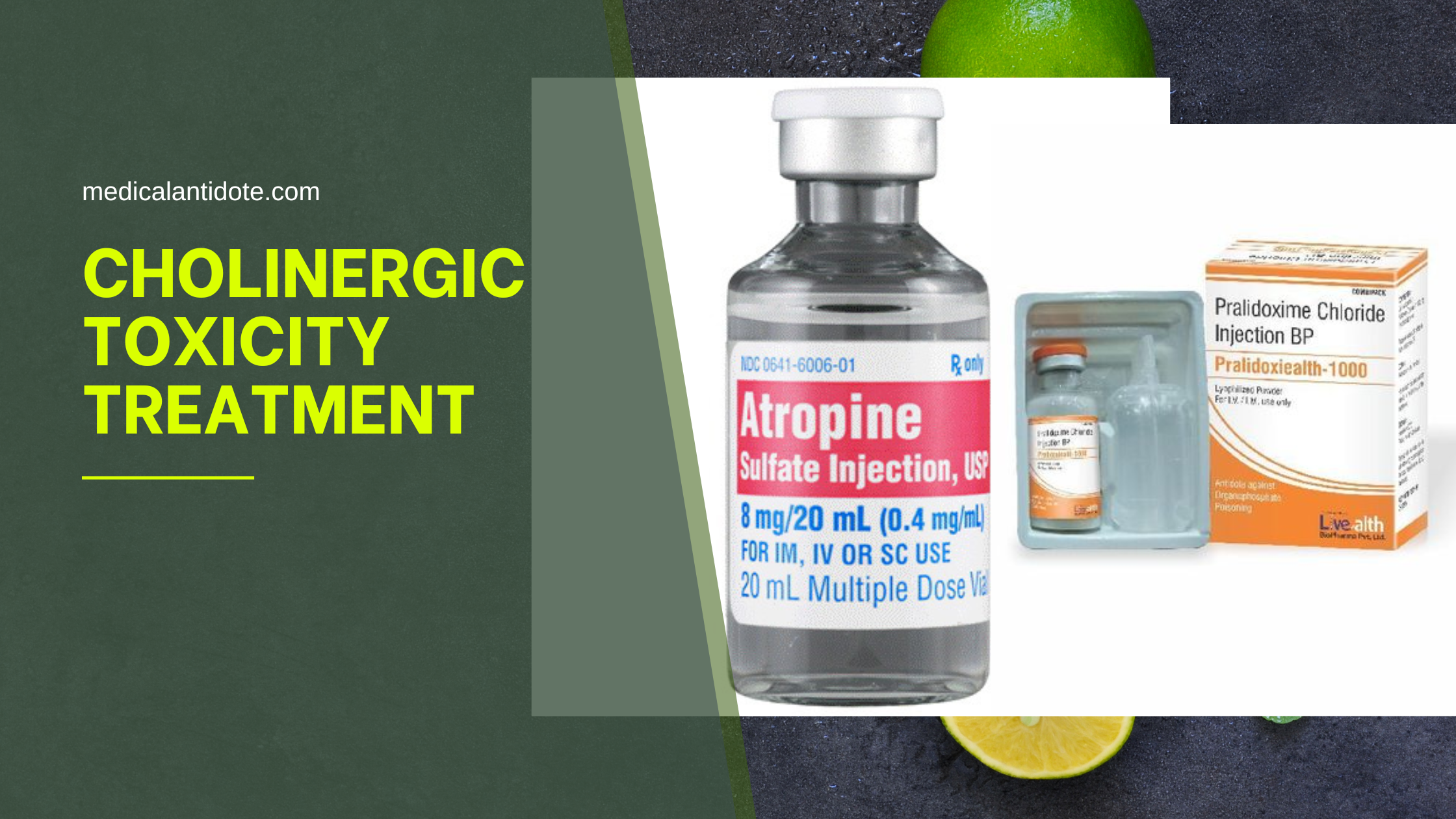What are the C1 esterase inhibitor deficiency symptoms? Let’s uncover the details. C1 esterase inhibitor (C1-INH) deficiency is a rare but serious condition that results in episodes of uncontrolled swelling (angioedema) in different parts of the body.
What is C1 Esterase Inhibitor Deficiency?
C1 esterase inhibitor deficiency (C1-INH deficiency) is a medical disorder that affects the complement system, an essential part of the immune system responsible for controlling inflammation. When your body lacks sufficient functional C1 esterase inhibitor, there is an overproduction of bradykinin, a potent vasodilator that causes fluid to leak into tissues, resulting in uncontrolled swelling (angioedema).
C1 esterase inhibitor deficiency (C1-INH deficiency) manifests in two forms:
- Hereditary Angioedema (HAE): A genetic disorder passed down in families, usually appearing in childhood or adolescence.
- Acquired Angioedema (AAE): A non-genetic form that develops later in life due to an underlying disease such as lymphoma or autoimmune disorders.
Both forms present with the same set of symptoms, though hereditary cases tend to be more severe and begin at a younger age.
Symptoms of C1 Esterase Inhibitor Deficiency
The hallmark of this condition is severe, non-itchy, and unpredictable swelling attacks affecting different parts of the body. Unlike allergic reactions, these swellings do not respond to antihistamines, corticosteroids, or epinephrine, which makes correct diagnosis and treatment crucial.
1. Swelling of the Face, Lips, and Eyelids
- One of the most common symptoms of C1 esterase inhibitor deficiency (C1-INH deficiency).
- Can occur suddenly, often without a clear trigger.
- The swelling develops over hours and may last between 24 to 72 hours.
- It is painless but disfiguring, making it distressing for patients.
- The skin remains normal in color, without hives or a rash.
- Unlike allergic reactions, the swelling is not itchy and does not improve with antihistamines.
Real-life case example: A 25-year-old woman arrives at the ER with a severely swollen face, but she has no history of food allergies and has not taken any new medications. She was misdiagnosed with an allergic reaction multiple times before being diagnosed with hereditary angioedema.
2. Throat and Airway Swelling (Laryngeal Edema) – A Medical Emergency!
- The most dangerous symptom of C1 esterase inhibitor deficiency.
- Can cause difficulty swallowing (dysphagia), voice changes (hoarseness), or a choking sensation.
- Can progress rapidly to complete airway obstruction, leading to asphyxiation and death if not treated immediately.
- Patients may feel normal at first, but symptoms can worsen within hours.
When to seek emergency help:
- If you feel tightness in your throat
- If your voice sounds muffled, weak, or hoarse
- If you have trouble swallowing or feel like your airway is closing
Real-life case example: A 40-year-old man with hereditary angioedema experienced mild throat discomfort in the morning but delayed seeking medical attention. By evening, he struggled to breathe and had to undergo emergency intubation to prevent suffocation. Early intervention could have prevented the crisis.
3. Abdominal Pain and Gastrointestinal Swelling
- Severe, cramping stomach pain that can mimic appendicitis, gallbladder disease, or bowel obstruction.
- Caused by swelling in the intestinal wall, leading to fluid accumulation in the abdomen.
- Patients often experience:
- Intense abdominal pain that worsens over several hours.
- Nausea and vomiting, sometimes with severe dehydration.
- Diarrhea or constipation, depending on the severity of swelling.
- Bloating and a feeling of tightness in the stomach.
- Episodes can last between 1–5 days and often lead to unnecessary surgical procedures if misdiagnosed.
Real-life case example: A teenage girl was rushed to the ER multiple times with excruciating abdominal pain. Doctors suspected appendicitis and scheduled surgery. However, further tests showed her C1-INH levels were low, confirming hereditary angioedema as the cause. She was treated with C1-INH replacement therapy instead of surgery.
4. Swelling of the Hands and Feet
- Can affect one or both hands and feet.
- Leads to tightness, stiffness, and difficulty moving fingers or toes.
- Swelling can make simple tasks difficult (e.g., writing, holding objects, walking).
- Lasts 1–4 days before resolving.
Real-life case example: A 35-year-old construction worker developed sudden swelling in his hands, making it impossible to grip tools. His doctor initially suspected arthritis, but after repeated episodes, C1 esterase inhibitor deficiency was diagnosed.
5. Genital Swelling
- Rare but extremely distressing for patients.
- Can affect the scrotum, penis, labia, or vulva.
- Patients report severe discomfort and difficulty urinating.
Real-life case example: A 42-year-old man developed sudden, painful swelling of the scrotum, which was initially suspected to be an infection or testicular torsion. However, tests ruled out infection, and a C1 esterase inhibitor test confirmed hereditary angioedema.
What Triggers C1-INH Deficiency Symptoms?
C1 esterase inhibitor deficiency symptoms are unpredictable, but certain factors can trigger or worsen swelling attacks:
🔹 Minor trauma (dental work, minor surgery, injury)
🔹 Stress and anxiety
🔹 Hormonal changes (pregnancy, menstruation, birth control pills)
🔹 Viral or bacterial infections
🔹 ACE inhibitors (a type of blood pressure medication)
🔹 Extreme temperatures (hot or cold weather)
Important: Many patients do not recognize their triggers immediately. Keeping a symptom diary can help identify what worsens episodes.
When Should You Seek Medical Attention?
Seek immediate emergency care if you experience:
- Difficulty breathing or throat swelling
- Severe abdominal pain with vomiting
- Swelling after taking a new medication
Consult your specialist (allergist/immunologist) if you experience:
C1 esterase inhibitor deficiency is a serious, often misdiagnosed condition that causes severe swelling episodes. Unlike allergic reactions, these attacks do not respond to standard allergy treatments. Recognizing symptoms early and getting proper treatment can prevent life-threatening complications like airway obstruction.
If you or a loved one experiences recurrent swelling without hives or itching, consult a specialist for proper testing and diagnosis. Awareness can save lives!




